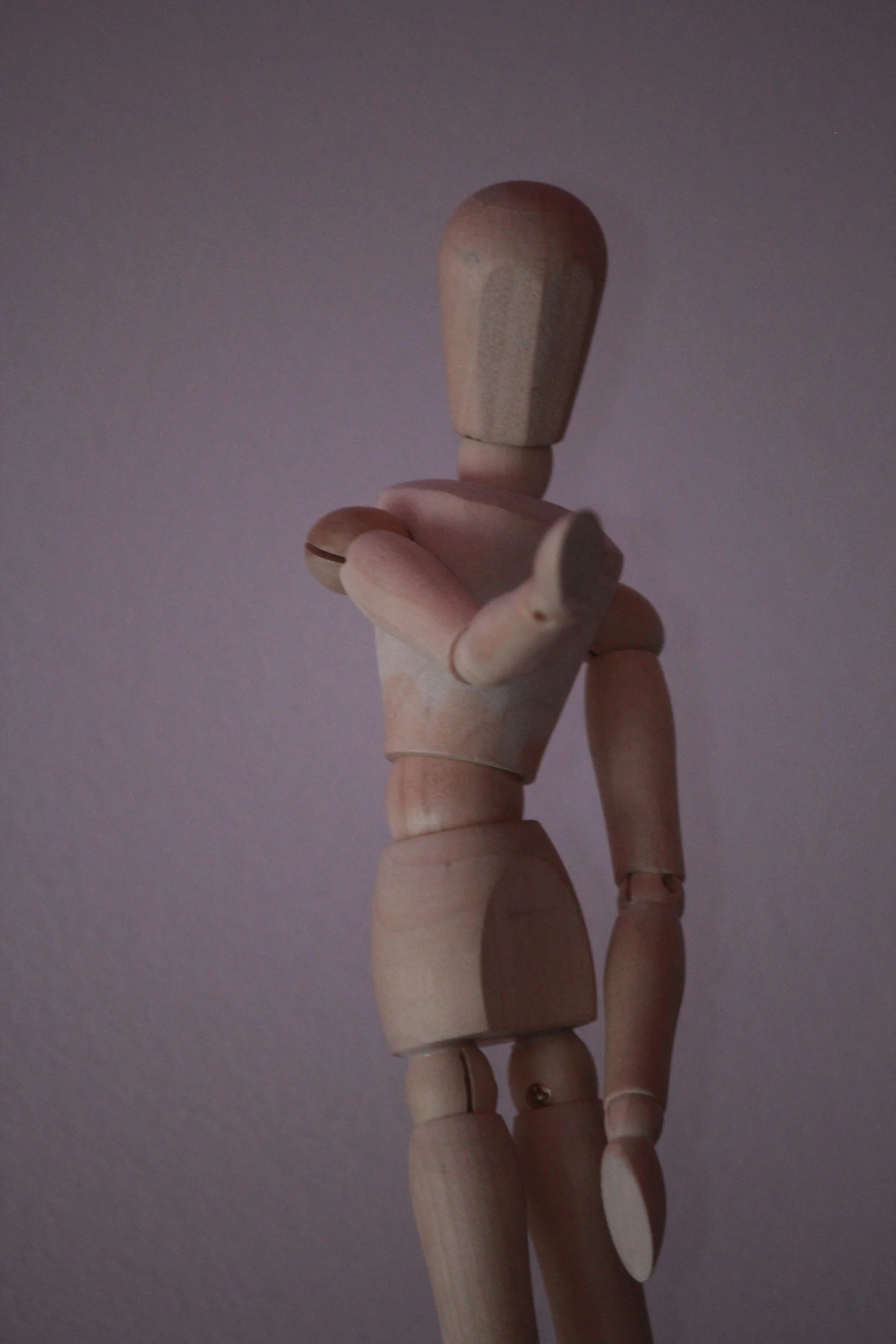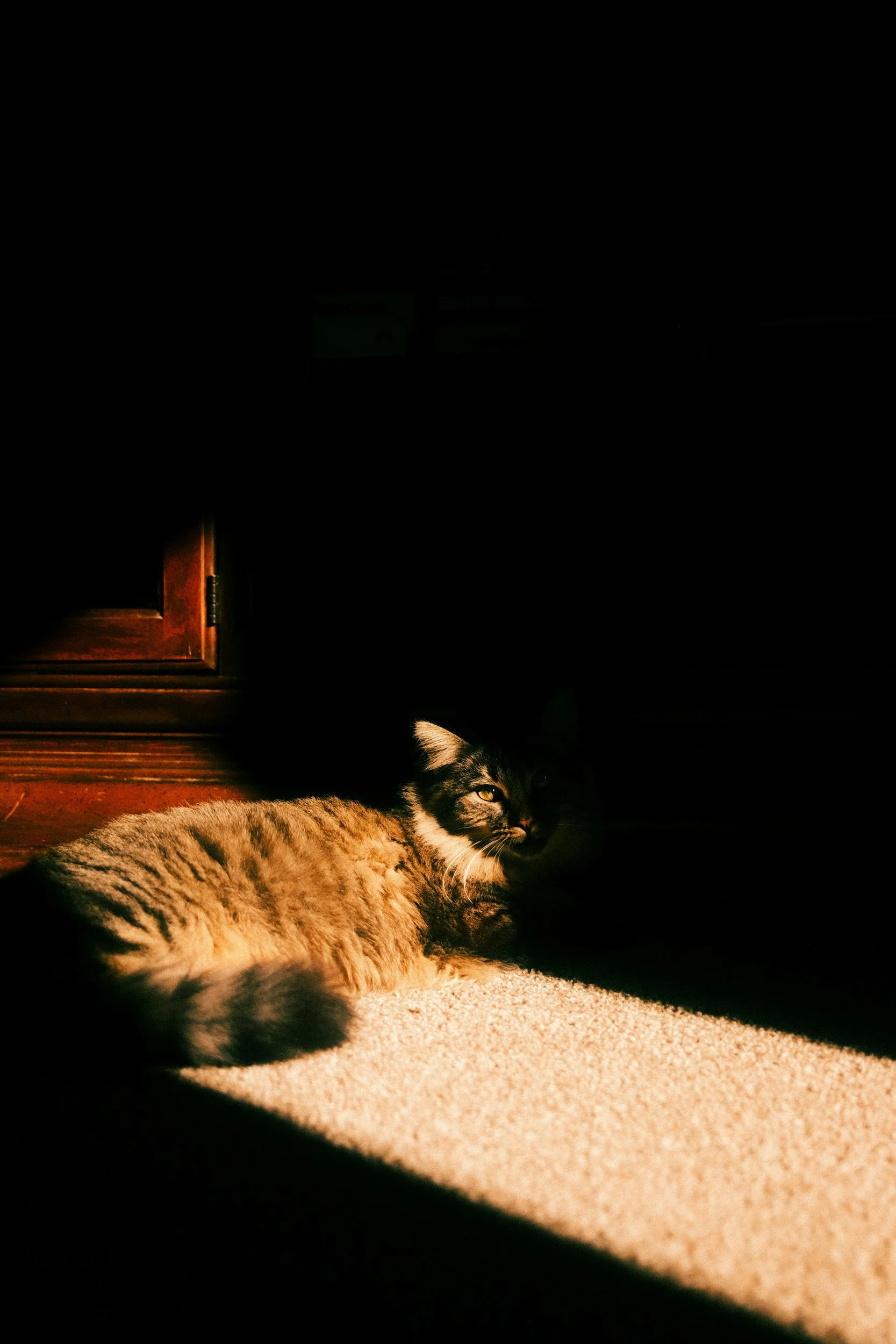Waterstones
A couple of months ago you were going to several Overeaters Anonymous meetings a week, sometimes every day. But when Elaine told you she couldn’t sponsor you anymore after your suicide attempt, and when she and a friend whom she also sponsored asked you not to attend a couple of their regular meetings, and after your therapist came to the facility you were hospitalized in to tell you she couldn’t work with you anymore, you stopped going to meetings altogether.
Truth is, you have no desire to go anywhere near anything that reminds you of what were your lifelines before you swallowed that entire bottle of antidepressants on that Monday night in October.
All of these losses have also left a huge relational hole, and on weekends, in particular—with their open expanse of unfilled hours—you are lonesome.
But you have books. And you have Waterstones, which is where I can find you on pretty much any given weekend, especially this winter in Boston. At Waterstones you can ignore that it’s only mid-afternoon and that the sun, and the temperature alongside it, has already started its steep slide toward the horizon.
Waterstones—at three stories high in an old stone building a few blocks from the one-room studio so small you call it your “shoe box”—is a place where you can offset your loneliness and cabin fever by losing yourself in a pile of books, and then, if there is one you can hardly put down, returning the next day to keep reading. Sometimes you read entire books (like The Bridges of Madison County, a love story as improbable as you ever finding romance) curled up in a big comfy armchair on the third floor. And every once in a while, budget permitting, you actually take a book for buying at the checkout counter so that its pages and characters can continue keeping you company back in your shoe box (like The Liars’ Club, a memoir of a childhood as haunting as your own).
But today your lonesomeness will get to enjoy actual human company.
“What are you doing this weekend?” Michol (pronounced like the typical “Michael”) had asked last night when you bumped into her at the gym, the other place you have been spending your empty time.
“Probably just my usual, Waterstones.”
“You mean the bookstore on Essex?”
“Yeah. I go all the time.”
“It’s a bit of a trek for me, but hey, you want to meet up there tomorrow?”
“Sure!”
After a quick hi-how-are-you in the street-level lobby, you and Michol climb the first set of steps.
“Fiction!” you exclaim, “this whole floor is fiction. And somewhere here is your girl, Willa."
Michol’s eyes light up. “Willa Cather, oh, my heart…”
The first time you really met Michol was on the bus to Watertown where both of you worked at Pathfinder International. At work you didn’t interact much, she, always up to her eyeballs in work for the organization’s chief financial officer, and you, glued to your desk on the other side of the building, sending faxes, processing invoices, and booking travel for the director of commodities.
You felt shy on the bus that day, intimidated by the self-assurance that had Michol doing things like piping up at staff meetings as if her thought counted every bit as much as the senior person a few seats over. To fill the space after hellos on the bus, you quickly said, “What are you reading?”
“Oh, just My Ántonia, but only for about the hundredth time. Do you know Willa Cather?”
“No,” you said, glancing at her paperback’s cover of a barefooted woman carrying a bundle of hay on her head.
Actually, you had never even heard of Willa Cather, chalking up your ignorance to yet another deficit, alongside all the things you didn’t know and assumed all other Americans knew by their early twenties.
“Oh, Heidi” Michol had said, releasing a wistful sigh, “Willa Cather is my favorite author. She has a way of turning places into characters you come to love, and, uh—” Here Michol stopped, as though at a loss for her next words. You knew well the silence of inner experience that was hard to evoke, and something about Michol letting herself so easily, so without embarrassment, fumble for words, helped you relax.
“But then I am originally from the Midwest where her stories take place, so there’s that!” Michol finally said, laughing. “Don’t mind me. I did my whole senior thesis on her. I could talk your ear off for hours!”
“Do they have a humor section?” Michol asks as you pass the table with new releases.
You know the bookstore by heart, and point toward the stairs. “Second floor. I’m going up; I’ll show you.”
On the second floor you consider joining Michol in Humor, but the pull is strong one floor above to Psychology/Self-help. “I’m going up to the third floor. Want to meet up there by the big comfy chairs whenever you’re ready?”
“Sounds good!”
With Michol ensconced in Humor, you climb the last set of stairs and beeline it to the far, windowless corner where you hope to make sense of what the hell is wrong with you. There is something you have to look up.
“What’s wrong with me?” you had asked a few days ago when you saw Dr. McCutchen, your new therapist since you left the hospital.
“What do you mean?”
“What do I have? What’s it called?”
“I don’t like thinking of it in that way,” she’d said. “But for insurance purposes, I am saying ‘dysthymia.’”
Today you mean to find out exactly what dysthymia is. You reach for the Diagnostic and Statistical Manual of Mental Disorders (DSM-III) and find dysthymia, with its self-diagnostic list of classic characteristics:
Sadness and emptiness? Yes.
Hopelessness? Yes.
Self-criticism and low self-esteem? Got that.
Irritability or excessive anger? Sigh.
Growing up, anger was considered a sin. On top of that, anger wasn’t polite or attractive, especially for a girl. At twenty-six, even though you no longer live under your parents’ roof or for that matter under the dorm roof of the residential school for missionary kids, whenever you feel even a hint of anger, it’s hard not to reach for a sweet and carb-y fix. Which brings you to the next symptom of dysthymia:
Poor appetite? You wish.
Or overeating? Even when you don’t actually do it, you always want to.
A sigh leaves your lips while you flip a few pages to a much more exciting diagnosis, one barely on your radar until a few months ago when a girl on your hospital unit said she had multiple personalities. You were intrigued. The girl’s name was Stephanie, but not always. Sometimes she was Joey, an angry, adolescent boy. And sometimes she was Trixie, a young girl who didn’t speak. Trixie didn’t know about Joey, but Joey knew about Trixie, and both did things and knew things that Stephanie didn’t.
You were fascinated. Was there anyone inside Stephanie who knew about everything and everyone?
Why couldn’t you have this diagnosis instead of bulimia. Instead of depression. Instead of, now, dysthymia.
A multiple personality disorder would help make sense of how you actually never have been able to consciously recall, even now six years later, that terrible childhood memory that surfaced during church basement counseling with the pastoral counselor in your parents’ church.
If you have multiple personalities, then maybe another person inside you actually knows what did and didn’t happen?
You feel desperate for something, anything, to make sense of the confusion that sometimes makes you think you’re losing your mind. The edges inside you are many and sharp. You long to be okay. And if you can’t be okay in a normal way, like, say, Michol can, then at least you want to understand the way things have been, so that, finally, you can figure out how to make your life better.
But over the months, the kinds of books you peruse at Waterstones evolve. Poetry books begin making their way into the stack you carry and a sense of connection will come alive when you discover poems that make you feel understood in a way that even the most perfect diagnosis never could.
Finding Letters To a Young Poet will be like finding a pack of letters written, not between Rilke and a young aspiring poet, but a bundle of missives in a bottle just for you. Even though Mr. Rilke lived a century ago in a place you’ve never even been, he gets you. And there’s nothing like feeling gotten, nothing. And Mr. Neruda, who grew up in Temuco, just like you? Who even—here in Boston—knows there is a place called Temuco, let alone where it is? Mr. Neruda wrote about love being round like a watermelon. Or was it summer he said that about? No matter. Love or summer, you sure would like a melon like that.
As you pore over poetry, sometimes it is as if a poem has been waiting for you, as if the poem had run up ahead and made itself comfy at a bend in the road of your future to wait just for you.
That is how, now with a quarter-century in my hindsight, I can say that certain poems gave you a glimpse of possibility for how things could be and in that way, a kind of memory of things to come.
When you first read Mary Oliver’s poem, “The Journey,” that winter, your bones will get it but your mind—still intent on a diagnosis—won’t yet know that when you find the poem again in your future it will feel familiar, not just in an I-remember-reading-this kind of way but in a whole-body-settling-into-itself kind of way. Because bones—you will discover—always know things before thoughts do.
In a few years when you read “The Journey” again you will recognize how, yes, the whole house of you had trembled. Matter of fact, you could even say you’d tried to burn the house down, though you’d not—at the time—been able to recognize that act as a valiant, if misguided, effort to burn down the old.
Mary Oliver gets it, you will think, remembering the literal and figurative mess your body had puked up in the wake of forty-four pills that had not wanted to stay down. Your bones will sigh and your chest feel heavy at the recollection of how all you had ever had eyes for was what was broken. How all you’d ever asked was “what’s wrong with me?!” How all you had ever known to do was try harder to be good. Surely it wasn’t for not trying hard enough you had failed.
As you sit at Waterstones reading poems, your skin will sometimes goosebump itself to attention at the recognition of a new voice that turns out to be your very own. It has been you keeping you company! You, who had only ever known how to numb the discomfort of being yourself. You, who had thrown in the towel on your life in the biggest possible way.
You who had somehow survived.
As you sigh, a new and friendly awareness walks around stringing soft white lights through and around you: you have been all but a stranger to yourself. But now you are a stranger with a sense of possibility. And a quickening of anticipation as you realize that a poem—this one you are reading right now or one you don’t even know exists yet—is probably making itself comfy up ahead, waiting for you to catch up.
“Earth to Heidi,” Michol is saying. “I need a new nail polish. Come to CVS with me?”
She doesn’t have to twist your arm. “Sure!”
You hop across Newbury street to the drugstore where you stand in the nail care aisle, whispering, giggling and painting streaks of color—reds and pinks and corals—onto your nails. (Blues, greens, and purples haven’t yet made it into the palette of acceptable colors for polish, but it’s the mid-nineties and they are about to, not unlike certain feelings soon to become available to you from the full palette of human emotion.)
“Ooh, what about this one,” she says. “Too pinky?”
You’re not sure. You kind of like them all. Or maybe it’s the warmth of company that saturates any color.
Eventually, Michol settles on one hue and buys it. And then, your fingernails streaked in every possible shade of red, you part ways, she to jump on the subway and you to walk back to your shoe box, alone but not lonely.
-Heidi Fischbach
Heidi Fischbach has spent decades crushed out on poets and authors, secretly longing to do what they do. She’s also spent decades shining the light of friendly awareness on her evangelical missionary kid childhood in Chile, teenage emotional instability at boarding school in Ecuador, and the ensuing breakdown and psychological devastation of her young adulthood in the States. “Waterstones” is an excerpt of her upcoming memoir whose working title is “Home(sick).” Follow Heidi at instagram.com/heidifischbach




















